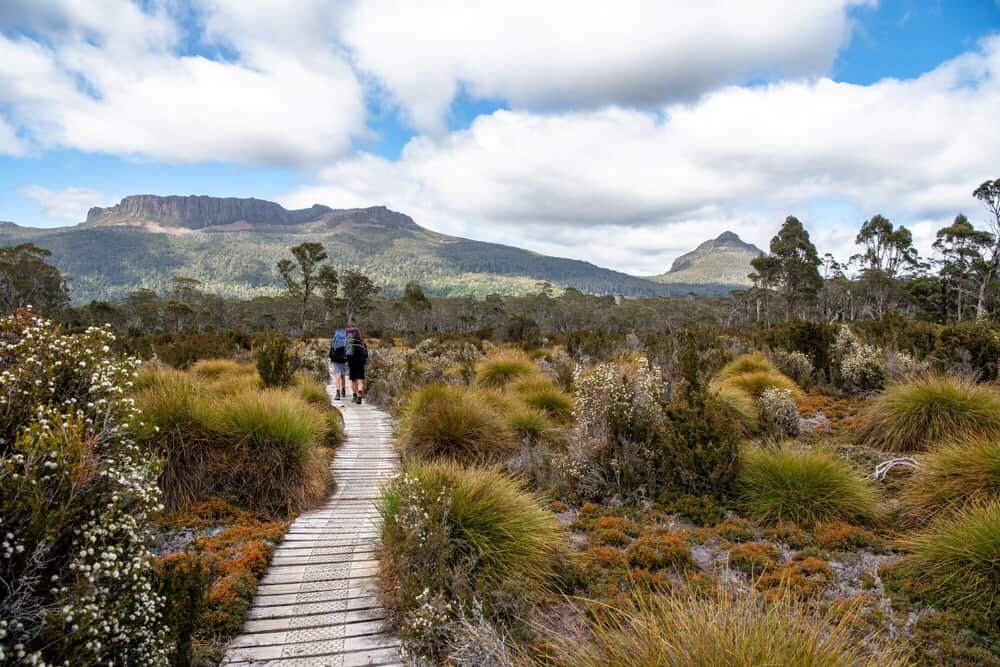Overland camping has been gaining popularity recently, offering a unique blend of off-road adventure and self-reliant travel. This comprehensive guide will demystify overland camping, helping you understand its essence and how it differs from traditional camping experiences.
Defining Overland Camping
Overland camping has its roots in long-distance, self-reliant travel across continents. Historically, it referred to epic journeys like the Silk Road or the exploration of Africa. Today, the term has evolved, especially in the United States, to encompass vehicle-based adventure travel that focuses on the journey rather than the destination.
While international overlanding often involves crossing borders and spanning continents, the American interpretation typically involves exploring remote areas and public lands within the country. This modern take on overlanding has created some confusion and debate within the outdoor community.
Overland Camping vs. Traditional Camping
Key Differences
The primary distinction between overland and traditional camping is the emphasis on the journey. Overlanders prioritize the experience of traveling through diverse landscapes, often in remote areas, using vehicles equipped for off-road travel. This focus on self-sufficiency and extended travel sets it apart from weekend car camping trips.
Overland camping often requires specialized vehicle modifications and gear to handle challenging terrains and extended periods off-grid. This might include lift kits, all-terrain tires, and rooftop tents, among other equipment.
Similarities
Despite these differences, overland camping shares many similarities with traditional camping. Both involve outdoor experiences, connection with nature, and the use of basic camping skills. Adherence to Leave No Trace principles is crucial in both types of camping to preserve the natural environment.
Essential Elements of Overland Camping
Successful overland camping relies on several key elements:
- Vehicle selection and preparation: Choose a reliable vehicle capable of handling off-road conditions and modify it as necessary.
- Navigation and route planning: Develop skills in navigating the wilderness using maps, GPS, and other tools.
- Self-reliance: Be prepared to solve problems and handle emergencies in remote locations.
- Extended trip duration: Plan for longer journeys that allow for deep exploration of an area.
Gear and Equipment for Overland Camping
Proper gear is crucial for overland camping. This includes:
- Vehicle modifications like lift kits and off-road tires.
- Camping equipment such as rooftop tents or SUV air mattresses.
- Recovery gear (winches, traction boards).
- Portable power solutions and water storage systems.
Planning an Overland Camping Trip
Planning is vital to a successful overland trip. Research your routes thoroughly, prepare for extended periods off-grid, and budget carefully for fuel, supplies, and potential vehicle repairs. Consider factors like weather, terrain, and local regulations when planning your journey.
Skills Development for Overland Campers
Developing a range of skills is essential for overland camping:
- Off-road driving techniques.
- Basic vehicle maintenance and repairs.
- Wilderness survival skills, including building temporary shelters.
- First aid and emergency preparedness.
Environmental and Cultural Considerations
Responsible overlanding involves minimizing your impact on the environment and respecting local communities. Practice Leave No Trace principles, stay on designated trails, and be mindful of your interaction with local cultures, especially when traveling internationally.
The Overland Community
The overland community is a valuable resource for beginners and experienced travelers alike. Online forums, social media groups, and overland expos provide opportunities to share knowledge, experiences, and tips. Engaging with this community can enhance your overland camping experience and help you learn from others’ adventures.
Common Misconceptions about Overland Camping
Several misconceptions surround overland camping:
- It’s just expensive car camping: While gear can be costly, the essence of overlanding is about the journey and self-reliance, not luxury.
- You need a highly modified vehicle: Many overland trips can be accomplished with a stock 4×4 vehicle and basic camping gear.
- It’s only for long-distance expeditions: Overland trips can range from weekend getaways to multi-month journeys.
Getting Started with Overland Camping
To begin your overland camping journey:
- Start with shorter trips to build confidence and test your gear.
- Gradually upgrade your vehicle and equipment as you gain experience.
- Join local overland groups or online communities to learn from experienced overlanders.
For those new to camping in general, start with a basic car camping checklist and build from there. You might even want to try pioneer camping to develop fundamental outdoor skills before diving into full-fledged overlanding.
Conclusion
Overland camping offers a unique way to explore the world, combining the thrill of off-road travel with the joys of camping. By embracing the spirit of adventure and self-reliance, overlanders create unforgettable experiences and deep connections with the landscapes they traverse. Whether you’re planning a weekend trip or a cross-continent expedition, the world of overland camping awaits your exploration.



Leave a Reply